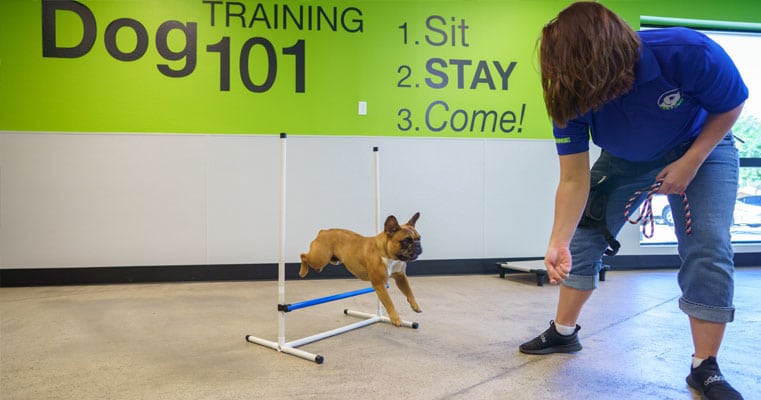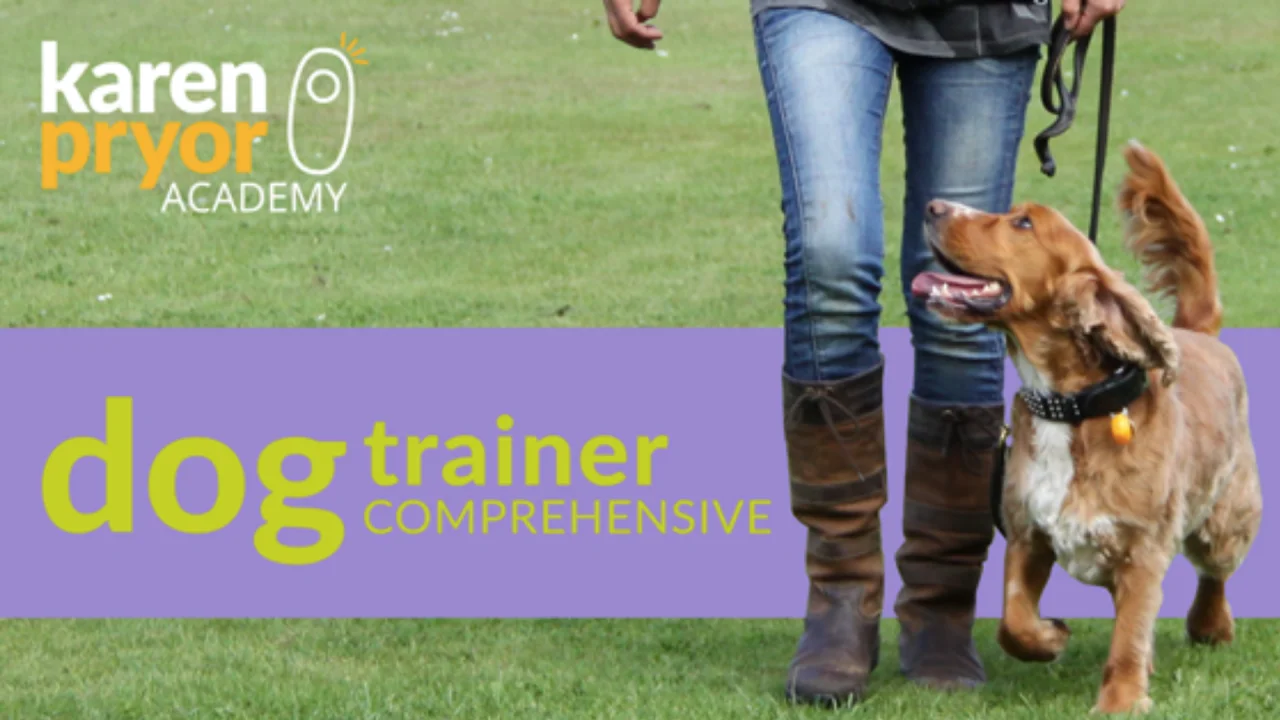Discover Top Tips for Dog Training Charlotte NC That Actually Job
Discover Top Tips for Dog Training Charlotte NC That Actually Job
Blog Article
Unlock Your Dog's Possible: Proven Pet Training Methods for Success
Effective pet dog training is a nuanced process that rests on recognizing canine behavior and employing scientifically backed techniques. dog training charlotte. By including positive reinforcement, establishing clear commands, and prioritizing socializing, pet dog owners can grow an effective partnership with their animals. Nevertheless, difficulties commonly occur that require customized remedies and a patient strategy. Checking out these proven techniques exposes not only the potential for behavioral enhancement but additionally the deeper bond that can be formed in between owner and dog. What important techniques must be considered to absolutely open your pet dog's possibility?
Recognizing Pet Habits
Comprehending pet dog actions is crucial for effective training and promoting a positive relationship in between pets and their proprietors. An extensive understanding of canine body language, vocalizations, and social interactions is important for recognizing their demands and feelings. Pets connect mostly with non-verbal hints; as an example, a wagging tail may show excitement, while pinned ears can indicate anxiety or submission.

Additionally, ecological aspects play a considerable function fit a dog's behavior. Adjustments in routine, brand-new surroundings, or the existence of unfamiliar individuals can lead to anxiety or stress and anxiety in canines. Acknowledging these triggers enables owners to alleviate unfavorable reactions and create proper training strategies.
Inevitably, a deep understanding of pet behavior lays the structure for effective training techniques, improving both actions and the overall bond between the canine and its owner. dog training charlotte. This knowledge is essential for promoting a well-adjusted, satisfied canine companion
Positive Support Strategies
Reliable training relies greatly on positive support techniques, which have actually been revealed to generate substantial lead to forming preferred behaviors in dogs. This technique includes compensating a canine for displaying certain behaviors, thus boosting the likelihood that these actions will be repeated. Benefits can take different types, including deals with, appreciation, toys, or playtime, depending upon what motivates the individual canine.

It is important to progressively terminate rewards as the pet finds out the habits, transitioning to recurring support. This strategy keeps the habits with time while protecting against dependency on consistent rewards. By concentrating on positive support, instructors can grow a trusting partnership with their pet dogs, advertising a healthy and balanced and cooperative training atmosphere that enhances overall obedience and efficiency.
Establishing Regular Commands
A basic element of successful pet dog training is the establishment of regular official source commands. Consistency in commands is critical for efficient interaction between the instructor and the canine. When commands are uniform, pet dogs find out to link particular words with wanted behaviors, which speeds up the training process and enhances understanding.
To establish regular commands, it is vital that all relative use the same terms and motions. If one person uses "rest" while one more states "sit down," it can produce confusion for the pet. Select clear, unique words for commands and ensure everyone associated with the pet dog's training follows these selections.
Additionally, repeating is vital. Strengthen commands through regular practice, making sure that the pet gets ample opportunities to respond properly. When a dog successfully complies with a command, prompt positive support should adhere to. This might be in the form of deals with, appreciation, or play, solidifying the connection between the command and the activity.
Finally, hold your horses. Establishing constant commands takes time and effort. With devotion and clearness, you will help your dog establish a strong understanding of expectations, ultimately leading to a mannerly companion.
Socialization and Direct Exposure
Interacting socially a pet is important for promoting a well-adjusted and certain buddy. This process entails exposing your pet to a range of environments, individuals, and other animals to establish their social skills and adaptability. Early socializing, preferably between the ages of three to fourteen weeks, is crucial, as article source it prepares for a canine's future actions.
Throughout socializing, goal to provide favorable experiences in different settings, such as parks, busy streets, and homes with various other family pets. Present your pet dog to various stimulations, including audios, views, and scents, making sure that each experience is gratifying. This exposure helps alleviate anxiety and anxiousness, leading the way for a much more resistant dog.
Engaging in controlled group play sessions with various other pets can additionally enhance social skills, educating your family pet appropriate communications and borders. Prioritizing socialization will significantly add to your canine's overall happiness and habits throughout their life.
Overcoming Common Training Obstacles

Pet dogs may battle to focus in strange or active settings. Slowly desensitize your pet to diversions by starting training in a silent atmosphere and gradually introducing even more stimulations as they come to be competent.
Additionally, behavioral issues like leaping or excessive barking can end up being frustrating. Address these by instructing alternative actions, such as sitting steadly when greeting visitors. Uniformity and persistence are crucial; strengthen wanted behaviors consistently and avoid abuse, which can bring about confusion.
Last but not least, recognize that each pet dog is distinct, and training timelines may differ. Tailor your strategy to your pet's individual requirements, and seek specialist guidance if needed. With willpower and the best techniques, conquering these difficulties can result in a trained, delighted canine companion.
Final Thought
Finally, unlocking a canine's potential requires a thorough approach that integrates an understanding of canine behavior, the application of favorable reinforcement methods, and the facility of consistent commands. Early socializing and direct exposure to varied settings additionally improve a pet's adaptability and self-confidence. By dealing with typical training challenges with customized techniques and persistence, a unified and participating relationship between pet and handler can be cultivated, eventually leading to a well-behaved companion with the ability of growing in various scenarios.
Effective dog training is a nuanced procedure that hinges on recognizing canine behavior and employing clinically backed strategies.Understanding dog behavior is important for efficient training and fostering a favorable connection in between canines and their owners.Efficient training counts greatly on positive support techniques, which have been revealed to generate significant outcomes in forming desired actions in pet dogs. When commands are uniform, pet dogs find out to associate certain words with preferred behaviors, which speeds up the training procedure and enhances understanding.
In final thought, opening a pet dog's possible necessitates an extensive approach that includes an understanding of canine habits, the application of favorable reinforcement methods, and the establishment of consistent commands.
Report this page